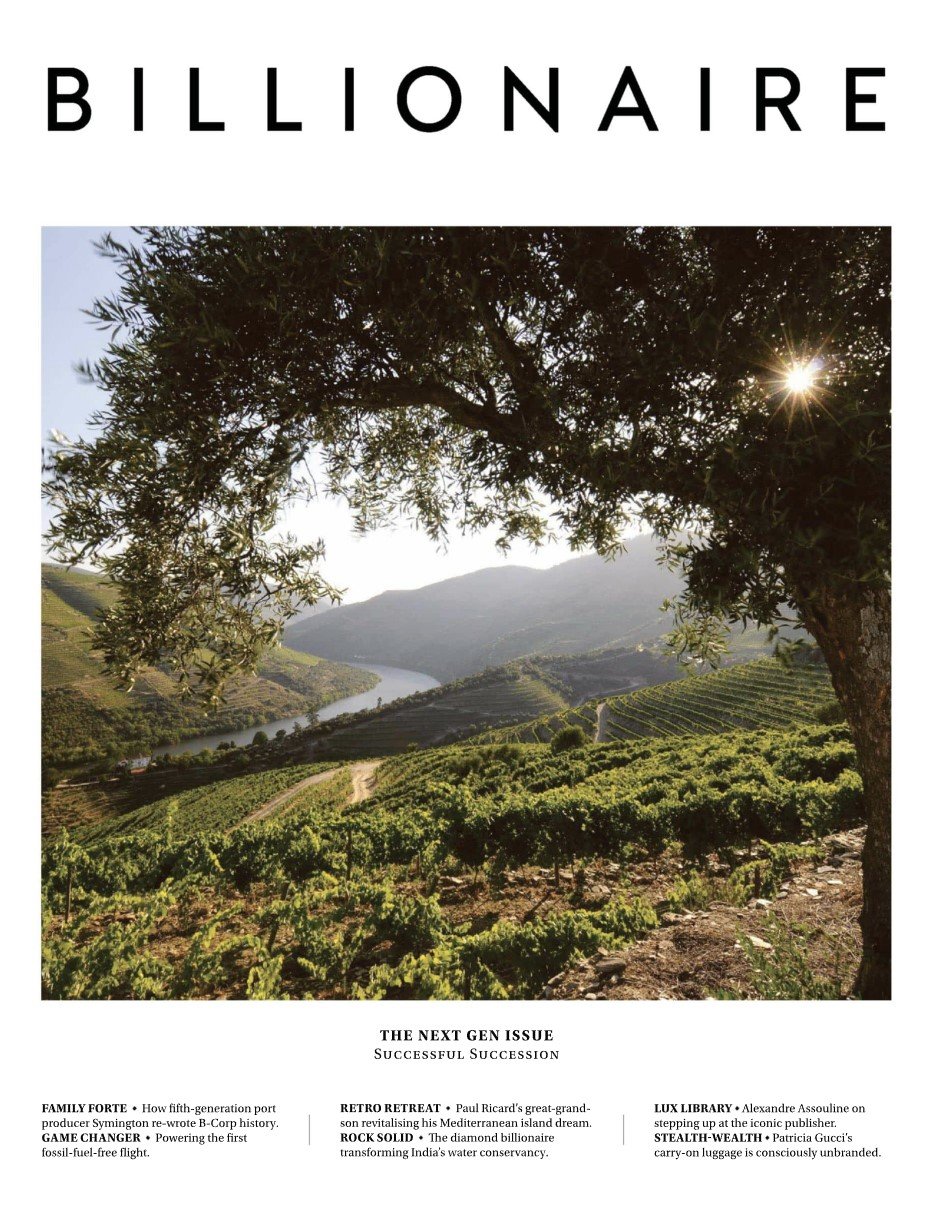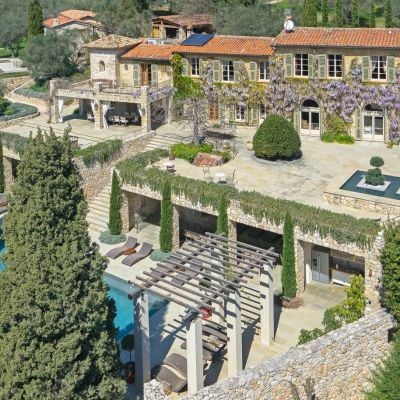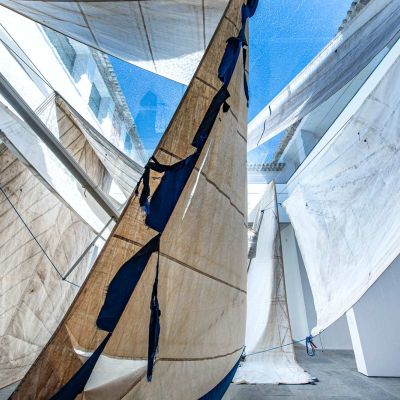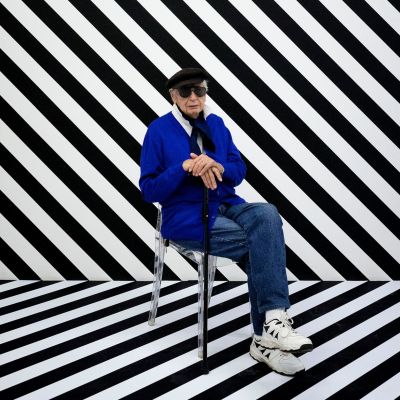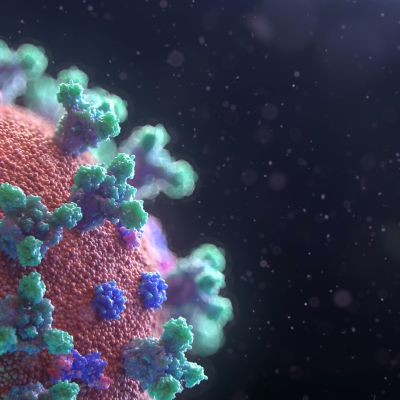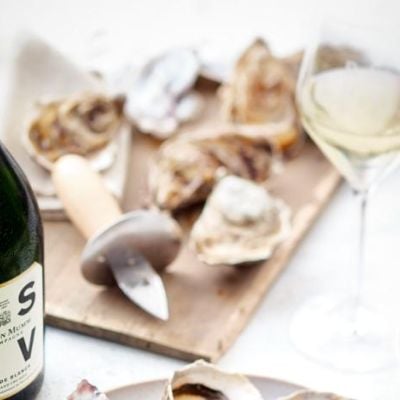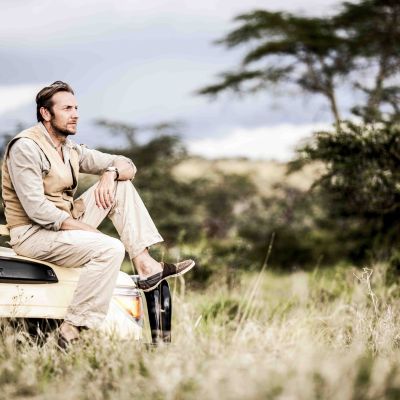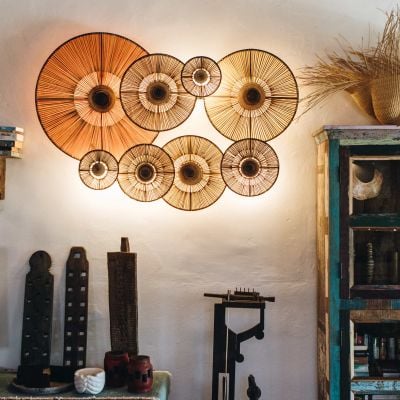Opinions: Will AI spell the death knell of creativity?
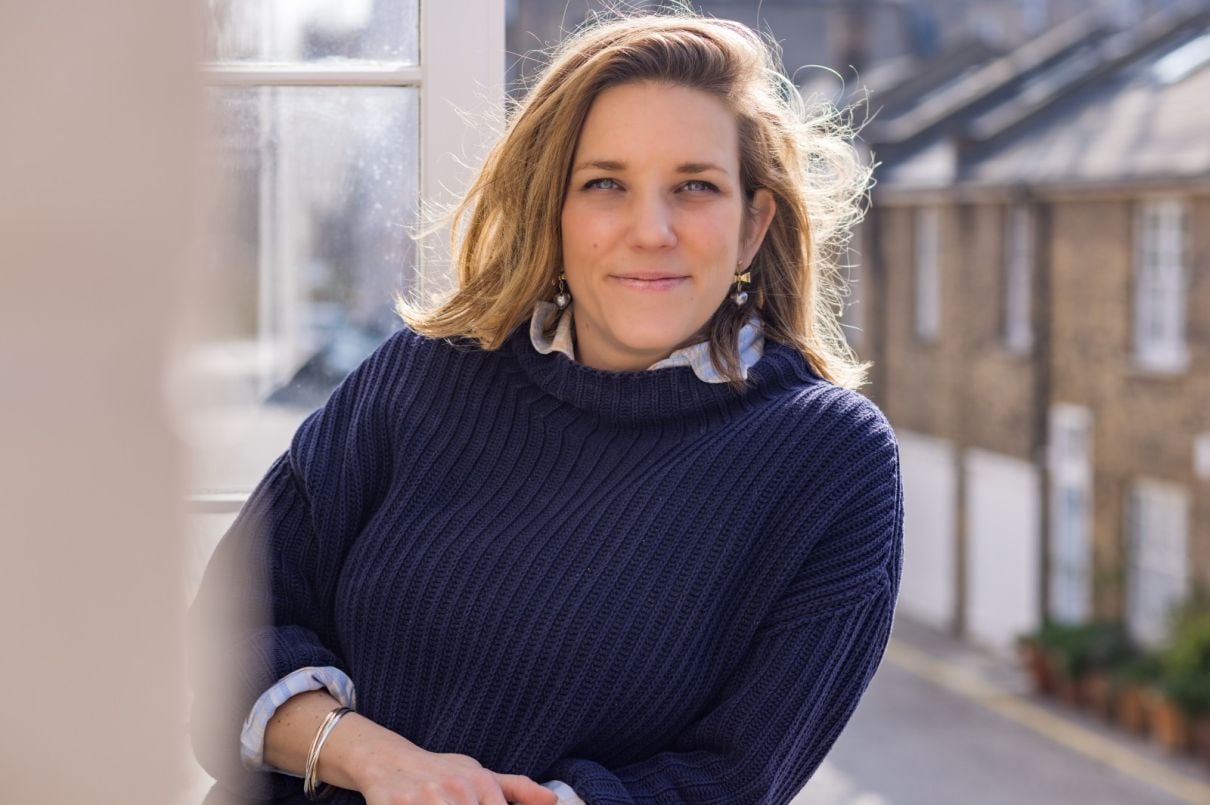
Each issue we ask three thought leaders the same question. This time: will AI spell the death knell of creativity?
Pat Murphy
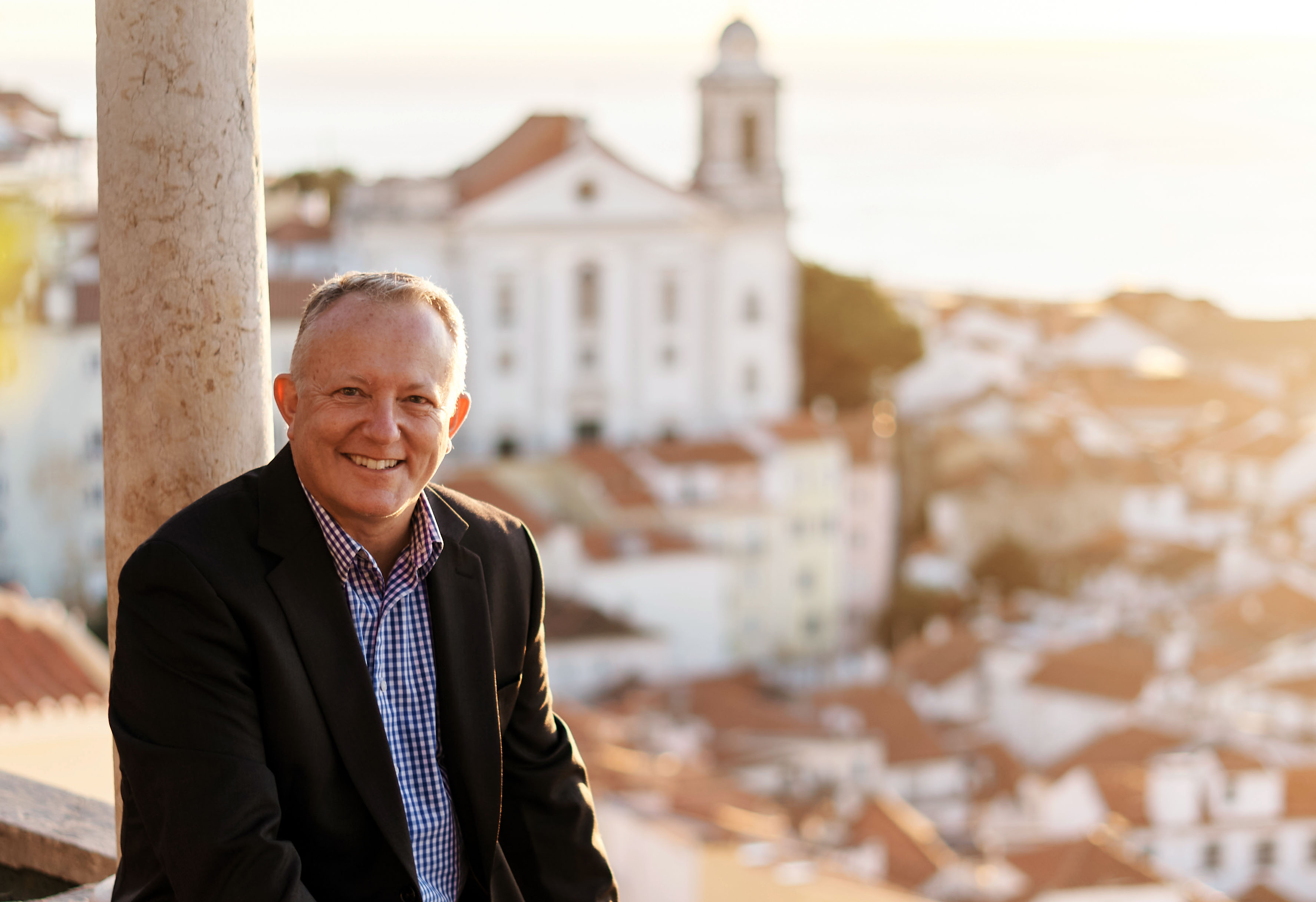
I believe AI is not a replacement for creativity, instead, it is a powerful tool to enhance and empower the creative process by augmenting human imagination.
For instance, imagine AI trying to come up with the idea around Cadbury’s Gorilla or the brilliantly humorous ads such as the Hamlet series, including my personal favourite, ‘photobooth’. Frankly, I can't see that being achieved by AI for some time, although I’ll never say it will be impossible.
The essence of storytelling lies in human connection, empathy, and the ability to evoke emotions. While AI can support and inspire us, it lacks the depth of human understanding that fuels genuine creativity. However, what AI does excel at is streamlining mundane tasks, freeing up time to focus on what truly matters — nurturing creativity.
Nevertheless, challenges persist regarding intellectual property when it comes to AI-generated content. As AI sources information from the internet, proper regulation and standardised governance are still lacking. Either way, AI represents the most significant game-changer since the creation of the internet.
Pat Murphy is founder of global advertising production consultancy MCA.
Bernadine Brocker Wieder
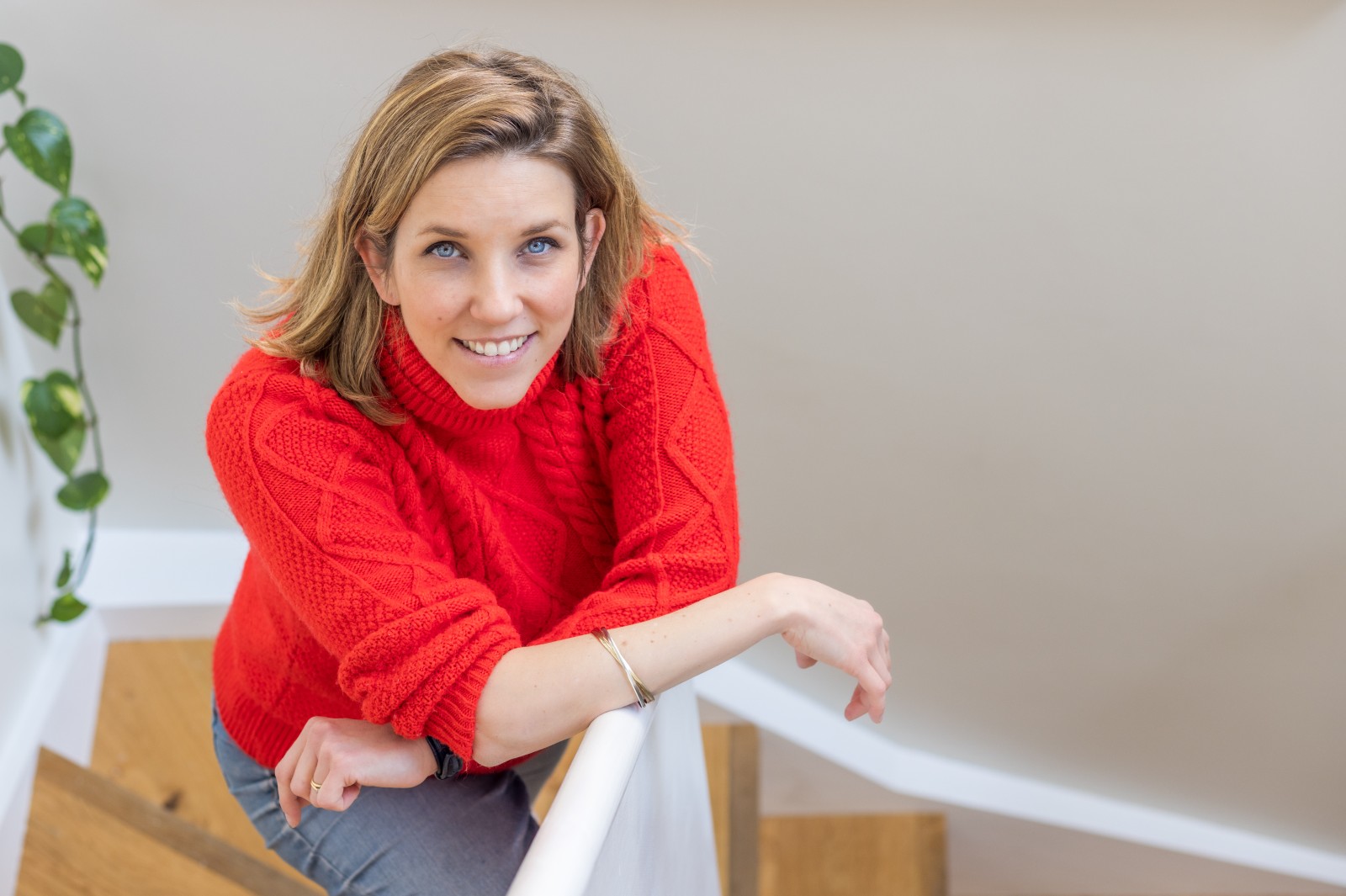
AI can be a black box with no additional information about how the output was made. However, as far as art is concerned, I don’t think that AI spells the death of creativity as we are seeing artists imaginatively use and reflect on this technology.
AI has been a concern but also an inspiration for a range of artists. For example, for Art Basel we commissioned British artist Phoebe Cummings, who created an installation appropriately named Deepfake Eden, which was consigned and sold through Arcual and displayed on our booth.
Cummings is a ceramic artist but she is deeply aware of the growing role of artificial intelligence in our lives and counters this with a manual, transparent process of creation. Many algorithms are inspired by processes of evolution and relationships in nature, but how does that compare with an artist who uses a natural material that will go back to the earth in the same way she found it?
I’m closely following these AI conversations in the art world, looking at what is emerging artistically but also how the art business needs to evolve, with new technological solutions for authenticity, provenance, and ownership.
Bernadine Brocker Wieder is CEO of Arcual, a blockchain startup in the art world.
Cynthia Corbett
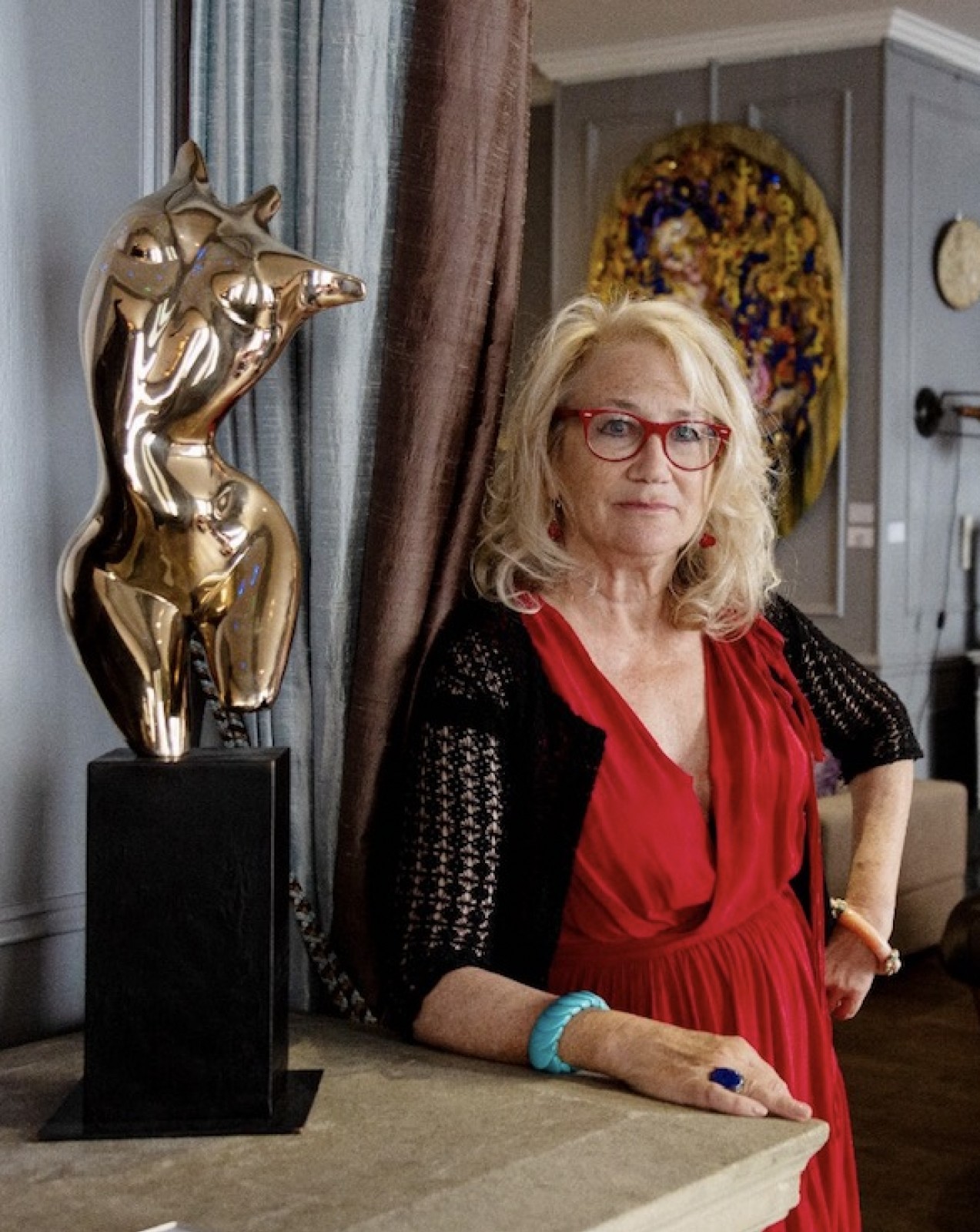
I think any new technology that allows creatives to experiment can only be positive. For example, Leonardo da Vinci, if alive today would be using digital technology, photoshop and probably AI. Creative people do think, act and work differently as the quest is to make something unique, thought-provoking, universal and long-lasting.
Technology has always played a part — whether making paint easier to use in tubes or easier temperature controls in kilns — improving artists’ practices by giving them more time and freedom.
However, there is a flip side since AI, like any innovation, can in the wrong hands cause issues especially in terms of copying. Provenance, authentication and artists signatures go some way in protecting the art and are vital in the marketplace.
In other creative industries such as film, TV, writing and music, AI does pose more of a threat but visual arts in the traditional sense will be the last to go AI. Humans have the advantage in the creative stakes since we have emotions, memory and thoughts. Meaning in a real piece of art is more than aesthetics; it is alive in its creative glory, and nothing can kill our human need to connect to art.
Cynthia Valianti Corbett is founder and director of Cynthia Corbett Gallery and the Young Masters Art Prize.
This article originally appeared in Billionaire's Next Gen Issue. To subscribe click bllnr.com/subscribe

